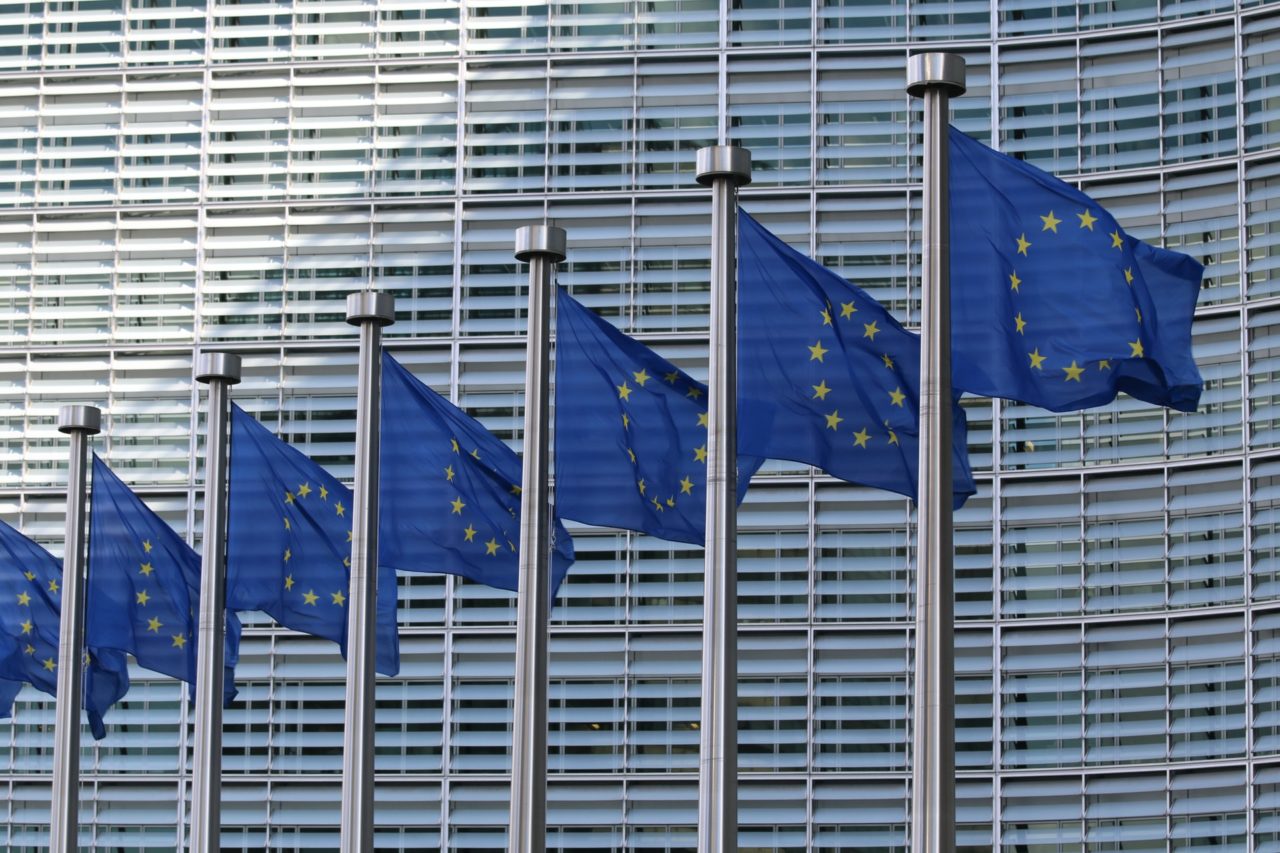Last week, the Council, Commission and Parliament were able to reach agreement in the negotiations on REACT-EU. Through the program, EU cohesion policy will receive additional funding of 47.5 billion euros. The money is intended to help the most affected regions in Europe to tackle the consequences of the Corona pandemic more effectively.
The money can be used, for example, to create jobs or fight youth unemployment by supporting SMEs. It can also be used to invest in the healthcare system — or in the cultural and creative sector, which has been severely affected by the pandemic. The funding conditions aim to ensure that the investments make Europe greener and more digital.
Unfortunately, due to the blockade of Hungary and Poland in the general budget negotiations (MFF), the final decision is still pending. But the political agreement is there, and we can take a look at what we have achieved.
In many important points we have Green successes:
- Strengthening regional and local actors in receiving subsidies
- Special focus on supporting people living in rural, border, less developed, insular, mountainous, sparsely populated and outermost regions
- Climate protection: The use of the funds is linked to compliance with the UN Goals for Sustainable Development and the Paris Climate Agreement. A “Do no harm” approach must also be pursued. We were not quite able to meet our demand for at least 40 percent of funds to be used for climate protection — however, we achieved at least 25 percent.
- Gender issues must be taken into account in the allocation of funding and gender mainstreaming must be promoted
- By the end of 2024, the member states must submit an evaluation of the use of the funds. This must include information on effectiveness, efficiency and impact — and where applicable also on inclusivity and non-discrimination.
REACT-EU is supposed to come into force on January 1, 2021 — but for that we need a budget first. Now, responsibility is at the Council.
